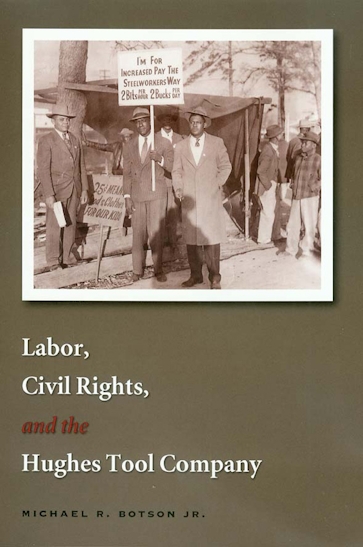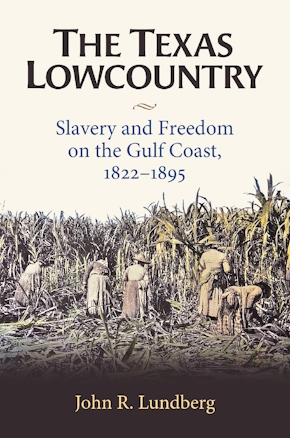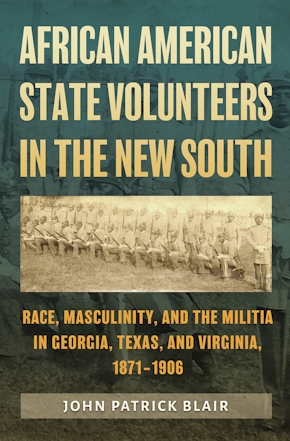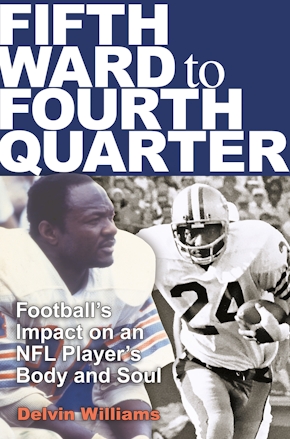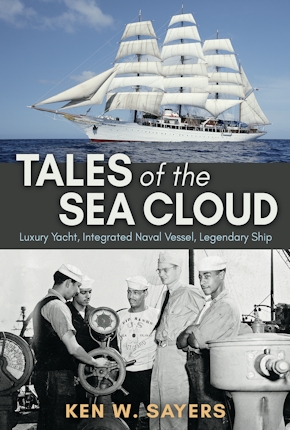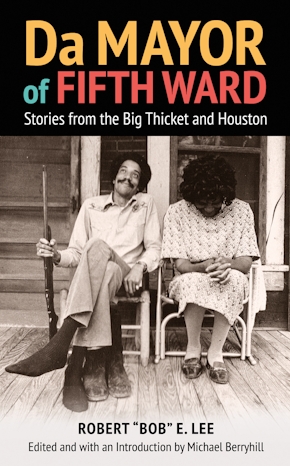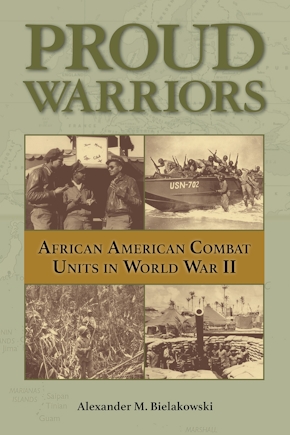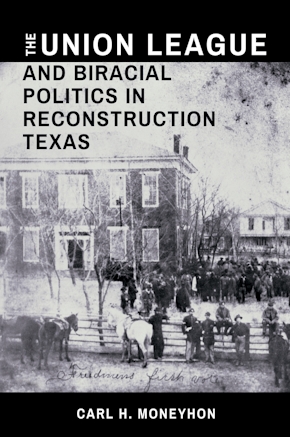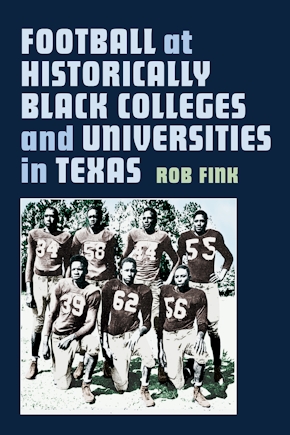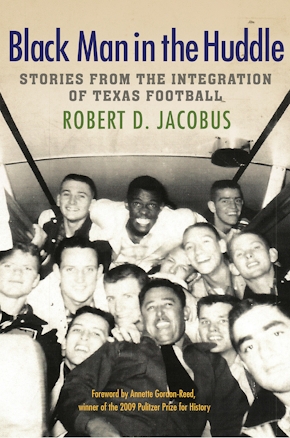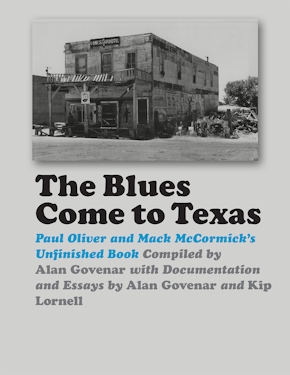Labor, Civil Rights, and the Hughes Tool Company
978-1-58544-438-0 Cloth
6 x 9 x 0 in
280 pp. 15 b&w photos., 6 tables.
Pub Date: 09/05/2005
Available
Michael R. Botson carefully traces the Jim Crow unionism of the company and the efforts of black union activists to bring civil rights issues into the workplace. His analysis places Hughes Tool in the context created by the National Labor Relations Act and the formation of the Congress of Industrial Organizations (CIO). It clearly demonstrates that without federal intervention, workers at Hughes Tool would never have been able to overcome management’s opposition to unionization and to racial equality.
Drawing on interviews with many of the principals, as well as extensive mining of company and legal archives, Botson’s study “captures a moment in time when a segment of Houston’s working-class seized the initiative and won economic and racial justice in their work place.”
Kenneth E. Montague Series in Oil and Business History
About the Author
Reviews
Published by Texas A&M University Press
